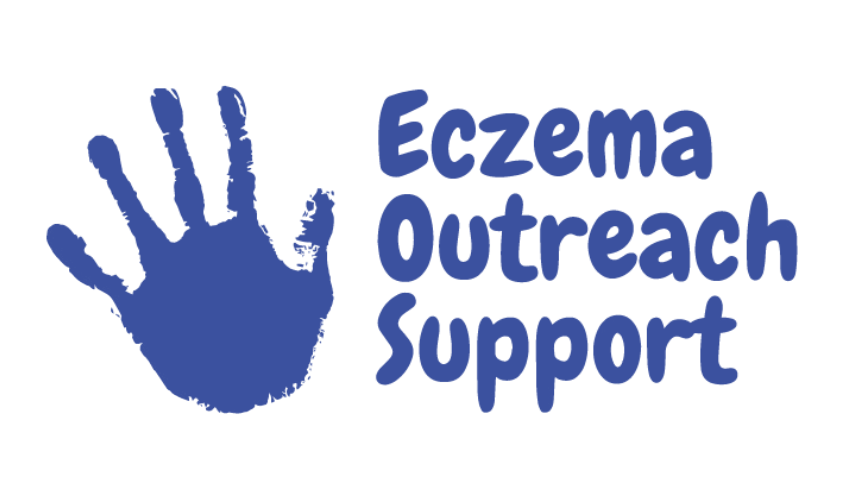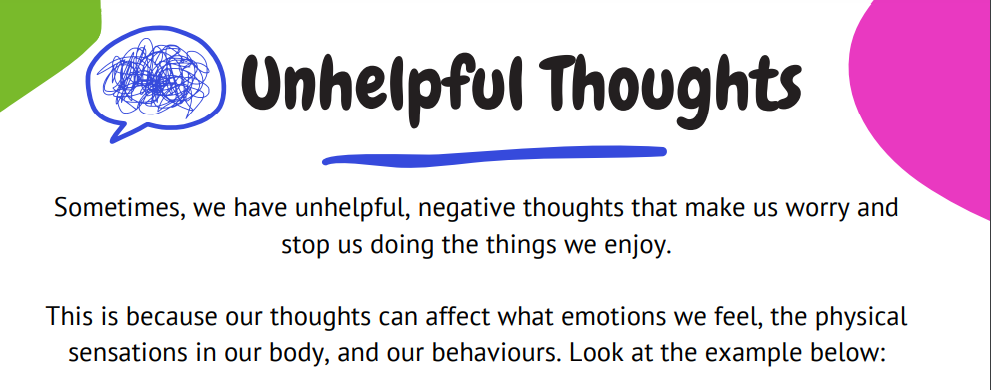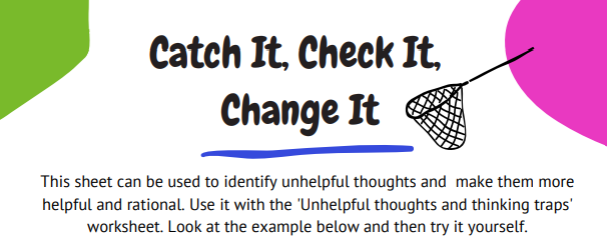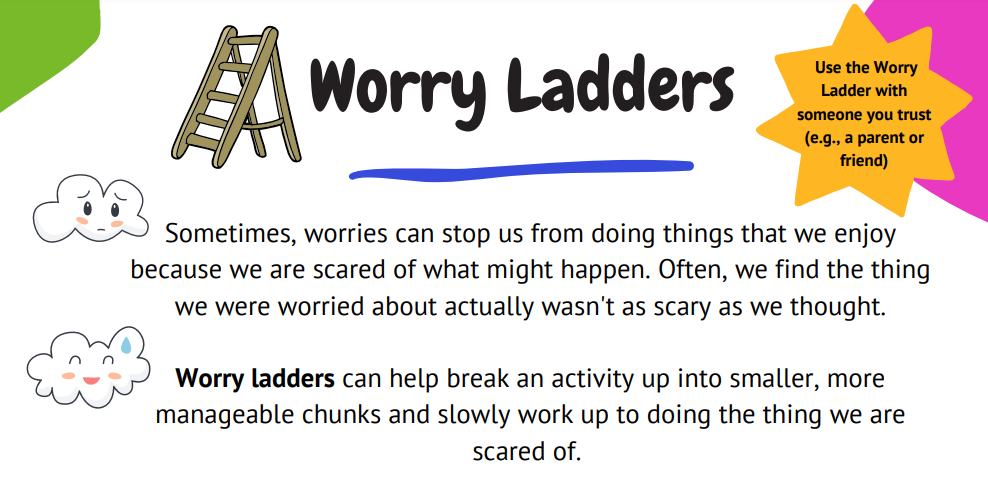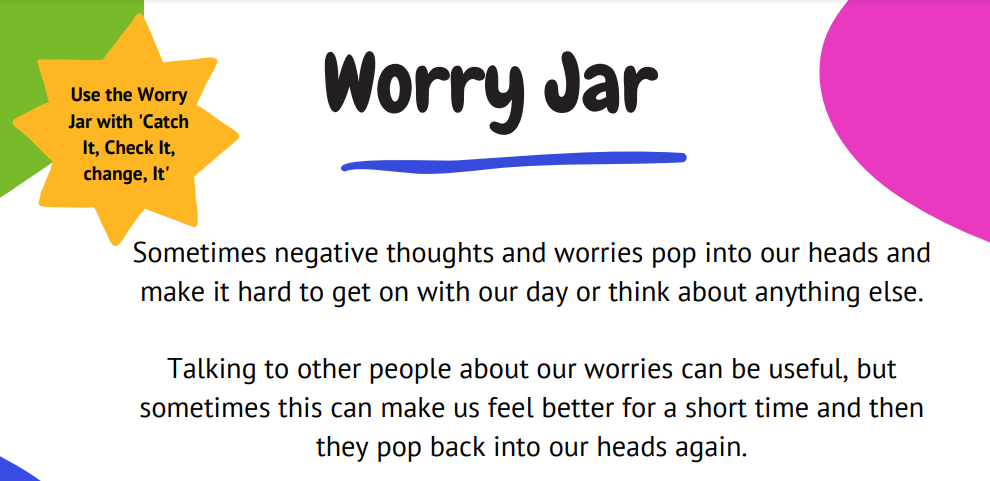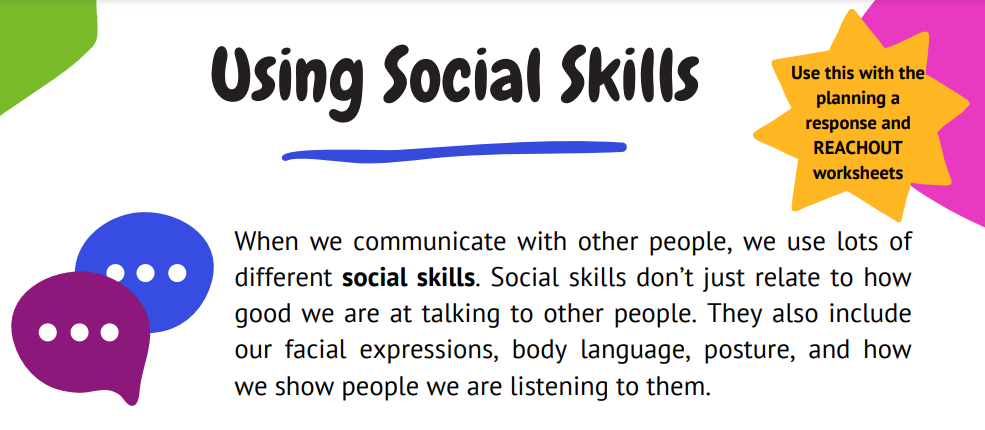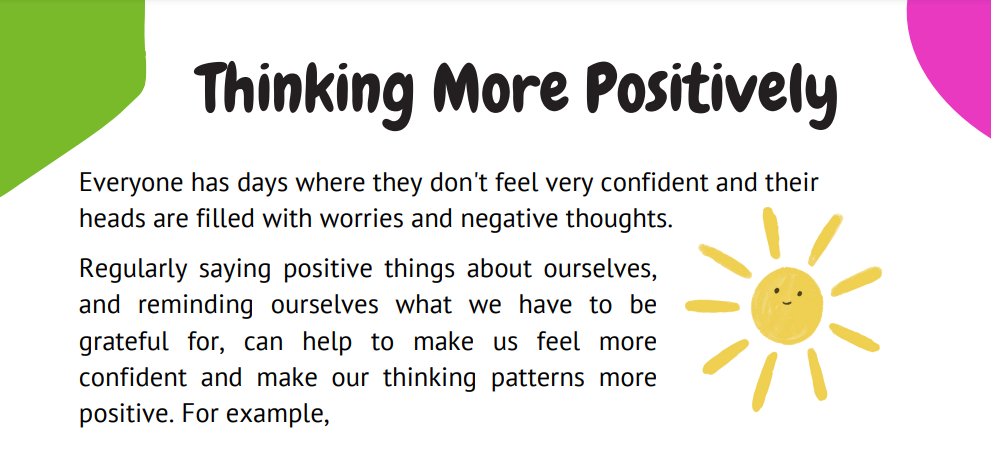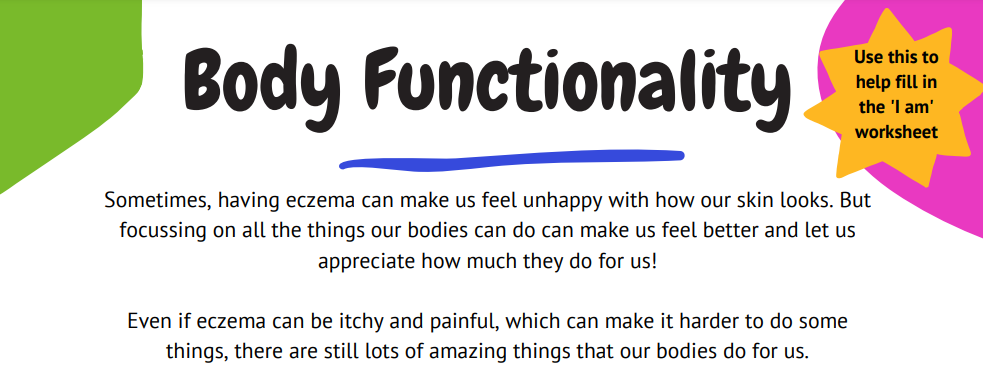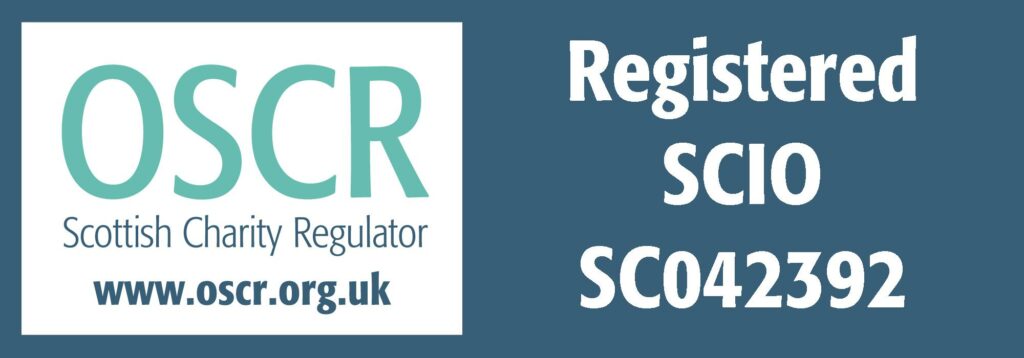
As well as the physical symptoms that eczema causes like being itchy and painful, it can have an impact on lots of other parts of our lives. Living with the symptoms of eczema, and having to work hard to manage it, can affect how we feel, what we do, and our relationships with other people. For example, eczema can cause low mood, anxiety, appearance worries, and sleep issues, to name a few.
The good news is that there are lots of things that have been shown to help people cope with the challenges that come from having eczema. These include having social support from family and friends, knowing others with eczema (e.g., being involved with the events and services that EOS offers), and learning skills that help build confidence and deal with worries and anxiety. This part of the EOS website provides tips and resources on how to manage these issues and live well with eczema.
The resources on this part of the website were made by Dr Ella Guest, a Senior Research Fellow and Chartered Psychologist based at the Centre for Appearance Research (CAR) at the University of the West of England (UWE) in Bristol.
How to use this resource
This resource has been designed for children, young people, and parents to use. It includes videos about the impact eczema can have on different aspects of our lives and worksheets that help you develop skills to cope with the challenges children and young people with eczema can face. The resource covers three areas:
You can work through the resources in any order. It can be helpful to watch the videos and fill in the worksheets with a parent or someone you trust. You can download the worksheets and use them to help you when you are struggling.
![]()
Section 1: Dealing with worries and unhelpful thoughts.
![]()
Section 2: Dealing with negative experiences with other people.
![]()
Section 3: Improving your confidence and self-esteem.
Section 1:
Dealing with worries and unhelpful thoughts
It’s normal to have some worrying thoughts, but sometimes they pop into our heads and it’s hard to stop thinking about them. Watch the video below to find out more about worries and unhelpful thoughts and how they can affect us.
Are you ready to challenge some of your unhelpful thoughts? Use the ‘Unhelpful thoughts/thinking traps’ worksheet.
Now that you have learnt about unhelpful thoughts and how they can affect how you feel and what you do, watch the video below to learn how to notice these thoughts and make them more helpful.
Are you ready to challenge some of your unhelpful thoughts?
Use the ‘Catch it, check it, change it’ worksheet.
Worry ladders: feeling more confident about things we are worried about doing
Another technique we can learn is how to make ourselves feel more confident about doing things we are worried about. Sometimes, worries can stop us from doing things that we enjoy because we are scared of what might happen. Worry ladders can help break an activity or behaviour up into smaller, more manageable chunks and slowly work up to doing the thing we are scared of. Watch the video below to find out how the worry ladder works.
Now you have learnt about using worry ladders, try completing the worry ladder worksheet to help you feel more confident about doing things you are worried about.
Worry jar: keeping worries safe to talk about
Sometimes negative thoughts and worries pop into our heads and make it hard to get on with our day or think about anything else. Talking to other people about our worries can be useful, but sometimes this can make us feel better for a short time and then they pop back into our heads again. A worry jar is somewhere we can keep our worries safe, so we don’t have to keep thinking about them. You can set a specific time where you will go through your worry jar and talk about them. Watch the video below to learn how to use a worry jar.
Now you’ve learnt how to use a worry jar, use the worksheet below to help make your own. Don’t forget to use the worry jar with your ‘Catch it, check it, change it’ and ‘Worry Ladders’ to help deal with the worries.
Section 2:
Dealing with negative experiences with other people
Having a condition like eczema that is visible can attract unwanted attention from others like staring, comments, or questions. Spending time worrying and trying to hide eczema can make us feel down and stop us from doing the things we enjoy. Luckily there are some things we can do to help us feel more confident about showing our eczema and deal with negative experiences with other people.
Watch the video below and complete the worksheets to help you feel more confident dealing with experiences with other people.
Now that you’ve watched the video, on dealing with negative experiences with other people, it’s time to practice some of the things you’ve learnt. Use the ‘Planning a response’ worksheet to help practice how you will respond when different people ask about your eczema. You can also use the ‘REACHOUT’ worksheet to help you with this.
When we communicate with other people, we use lots of different social skills. Social skills don’t just relate to how good we are at talking to other people. They also include our facial expressions, body language, posture, and how we show people we are listening to them. We don’t always realise it, but our social skills can have a big impact on our interactions with other people and how they respond to us.
Watch the video below to learn more about different social skills and how they can help us communicate with other people.
Now you have learnt about social skills, look at the ‘Using Social Skills’ worksheet and use it to help practice your social skills.
Section 3:
Becoming more confident
Hopefully, the techniques you have learnt so far on this section of the website will help you to feel more confident, but there are some other things you can do.
Remember those negative thoughts that can keep popping into our heads? As well as learning to challenge them and make them more helpful, getting into the habit of saying positive things about ourselves can help us to feel more confident and make our thinking patterns more positive.
Now you have learnt about positive thoughts and focussing on what your body can do, use the ‘Thinking More Positively’ and ‘Body Functionality’ worksheets to make yourself feel more confident.
You can also find these online resources helpful:
![]()
Eczema Care Online (ECO) Toolkit – a website to help manage eczema, which includes information about dealing with stress, sleep, itch, studying and work (eczemacareonline.org.uk).
![]()
YP Face It – a 6-week online support programme for young people with conditions that affect how they look.
![]()
Young Minds – a young people’s mental health charity with resources for parents, young people, and teachers (https://www.youngminds.org.uk/).
![]()
NHS webpage – information about gaining advice and support in relation to children and young people’s mental health (https://www.nhs.uk/mental-health/children-and-young-adults/).
